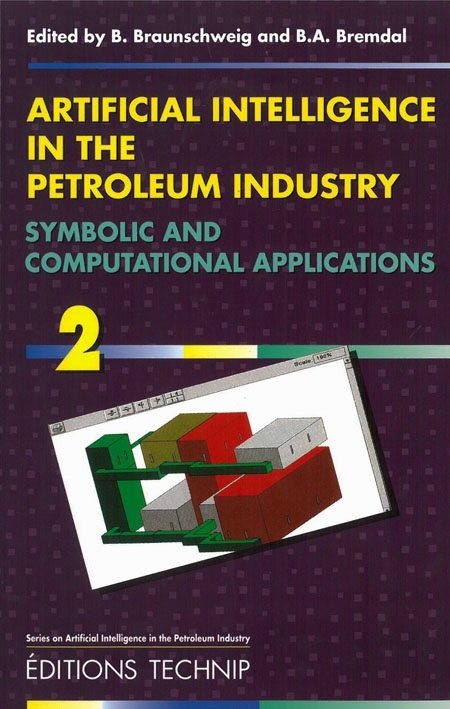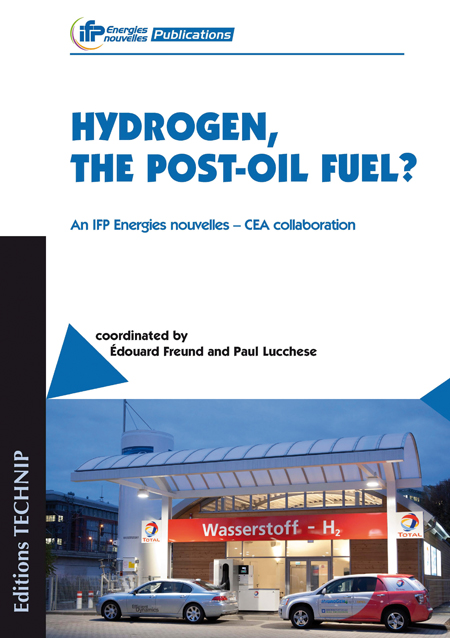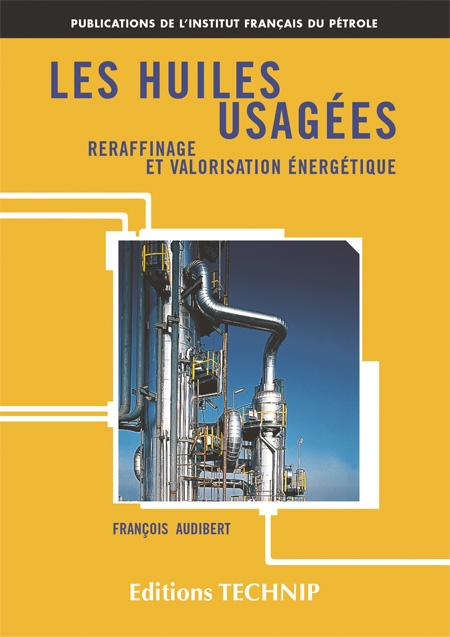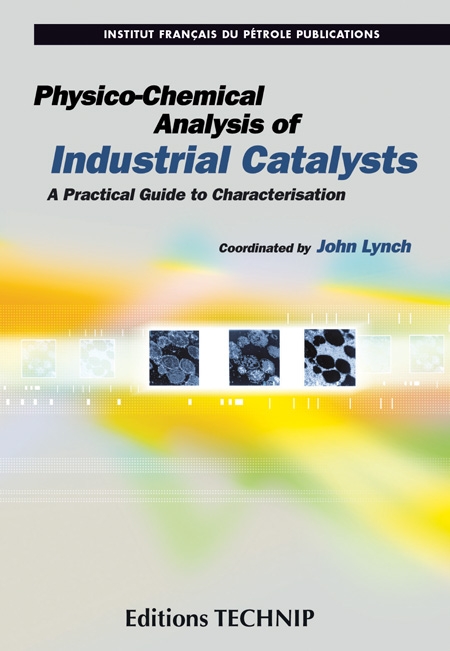Hydrogen, The Post-Oil Fuel?
An IFP Energies nouvelles - CEA collaboration
Authors : FREUND Edouard , LUCCHESE Paul
ISBN : 9782710809845
trade paperback 170 x 240 mm 400 pages
Publication date : November 2012
American buyers

 Add to cart 102 $ (85 €)
Add to cart 102 $ (85 €)
Hydrogen, energy vector for the future? Or on the contrary, limited for many more decades, possibly even until the end of the century, to its current applications in the field of chemistry and refining? Advocates of the hydrogen civilisation and the sceptics, even the declared opponents, are deeply divided over this issue. For the first, following a technological revolution, hydrogen would play a universal role along-side electricity as a substitute for fossil fuels, especially (but not only) in transport, leading to radical elimination of CO2 emissions. For the second, hydrogen will remain restricted to its current applications due to the insoluble problems inherent to its generalised use, especially in transport.
This book highlights the increasing and inevitable role of «energy» hydrogen – as compared with chemical hydrogen – in the key sectors of transport and «clean» electricity production. The first section is dedicated to current uses of energy hydrogen, or those accessible in the not too distant future. The second section provides an update on the technologies that are either commercially available or at an advanced stage of development for the production, distribution and storage of hydrogen. The last section examines the central problem of safety if hydrogen is to be used by the general public, before concluding on the short and medium term development perspectives of energy hydrogen.This highly documented book is intended for a broad readership: transport companies (road, air and waterway), engine engineers and, more generally, everyone interested in the future of transport and fuels in the post-oil world.
Contents :
Part 1. Uses of hydrogen. 1. Scenarios for deploying hydrogen energy. 2. Hydrogen in the fuel industry. 3. Hydrogen as fuel. 4. Use of hydrogen for electricity production. Part 2. Hydrogen production, distribution and storage technologies. 6. Hydrogen distribution technologies. 7. Hydrogen storage technologies. Part 3. Hydrogen safety. 8. The main characteristics of hydrogen regarding safety. 9. Experience in industrial use of hydrogen. Conclusion. Appendixes.
 Artificial Intelligence in the Petroleum Industry. Vol. 2
Artificial Intelligence in the Petroleum Industry. Vol. 2
 Add to cart
142 $ 131 €
Add to cart
142 $ 131 €
 0
0

 Newsletter registration
Newsletter registration


 Partager
Partager
 Tweeter
Tweeter

 Browse the book
Browse the book Read the press kit
Read the press kit

